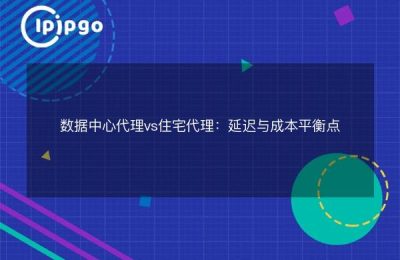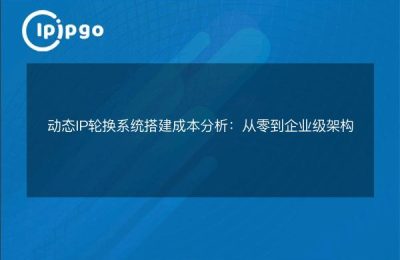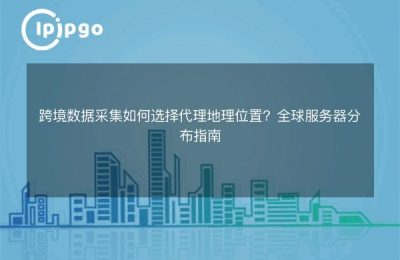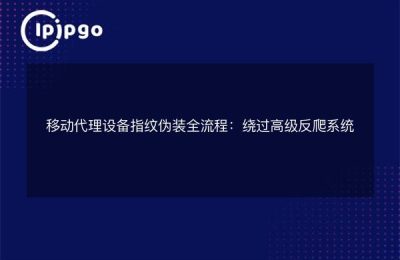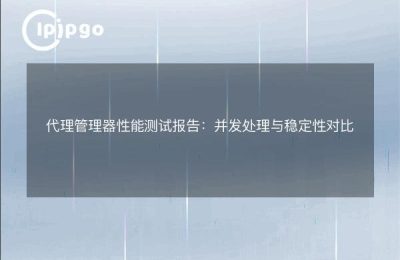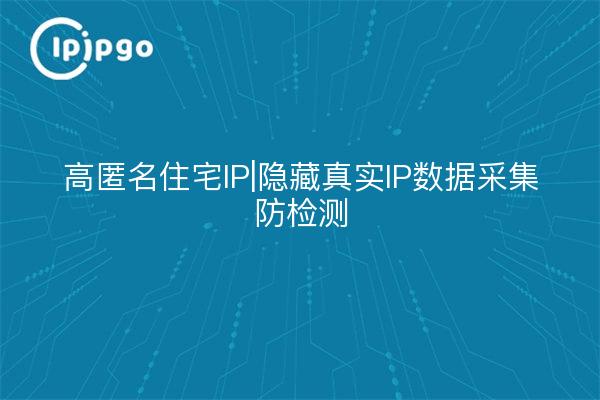
Why is your data collection always blocked? The problem may lie in the IP
Many people have encountered this situation when doing data collection: at first it can be crawled normally, but half an hour later it is blocked by the website. This is often because your real IP is exposed. Ordinary server room IPs are easily identified as robot traffic, while highly anonymous residential IPs can simulate real user behavior thatMake targeted websites think you are natural traffic accessed through home broadband, which is the key to breaking through the anti-climbing mechanism.
Difference between highly anonymized residential IPs and regular proxies
Common proxy IPs are often used for basic anonymity needs, but suffer from two fatal flaws:
| comparison dimension | General Agent | Residential Agents |
|---|---|---|
| IP Source | Server room servers | Real Home Network |
| Anonymous rank | Possible Exposure of Agent Characteristics | Completely hide proxy traces |
| Difficulty of testing | Recognized within 30 minutes | Continuous and stable operation |
Take ipipgo's residential IPs for example, its pool of 90 million+ IPs comes from global home networks, and each IP comes with real carrier information.Parameters such as request headers, TCP fingerprints, etc. are exactly the same as for real users, which is the core strength of anti-detection.
Three steps to build an anti-detection collection system
Step 1: Target website analysis
Observe the site's anti-crawl rules:
- Captcha Trigger Frequency
- request rate limitation (DRL)
- JavaScript dynamic loading mechanism
Step 2: Dynamic IP rotation strategy
This is achieved through the ipipgo API interface:
1. Setting the duration of individual IP usage (5-15 minutes recommended)
2. Automatic switching of export nodes for different countries/regions
3. Abnormal IP automatic fuse replacement
Step 3: Request feature disguise
Required while changing IPs:
- Randomized User-Agent and Browser Fingerprinting
- Control request interval (3-8 seconds recommended)
- Simulation of mouse trajectory (for front-end detection)
Easily overlooked detailing
Many people focus only on IP replacement and fall prey to these details:
1. DNS leakage protection: Ensure DNS over TCP is enabled on the proxy client
2. time zone synchronization: The IP address should be consistent with the system time zone.
3. Cookie isolation: Separate browser environments for different IPs
The global proxy model provided by ipipgo handles these details automatically, and its protocol-wide support features (including SOCKS5, HTTPs, etc.) can be adapted to a variety of development environments.
Frequently Asked Questions
Q: Is it legal to use proxy IP to collect data?
A: Depends on data usage and local laws. It is recommended to follow the robots.txt protocol and control the frequency of collection to avoid burdening the target website.
Q: How to test whether the proxy IP is recognized?
A: Visit ipipgo's testing page and check it out:
- X-Forwarded-For header information
- WebRTC leak detection
- Browser Fingerprinting Consistency
Q: What should I do if I encounter an advanced CAPTCHA?
A: ipipgo's residential IP reduces the 90% CAPTCHA trigger rate, and is recommended for situations that must be handled:
1. Access to coding platforms
2. Increasing the number of hands-on sessions
3. Switching mobile IP types
Why choose a professional service provider
Self-built proxy pools face three major challenges: IP purity, maintenance costs, and protocol updates. Take ipipgo for example:
- Real-time monitoring of IP availability (99.91 TP3T online guarantee)
- Automatically filter blacklisted IPs
- Support for customizing IP combinations by business scenario (e.g., specific cities/carriers)
Its dynamic/static IP flexible switching function can meet the needs of long-term maintenance of the session, but also can realize high-frequency rotation, which is difficult to reach by individual technical solutions.
The success rate of data collection can be significantly improved by reasonably configuring highly anonymous residential proxies and formulating a strategy that combines the anti-crawl characteristics of the target website. In practice, it is recommended to use ipipgo's free test resources to verify the feasibility of the program, and then gradually expand the scale of collection.

